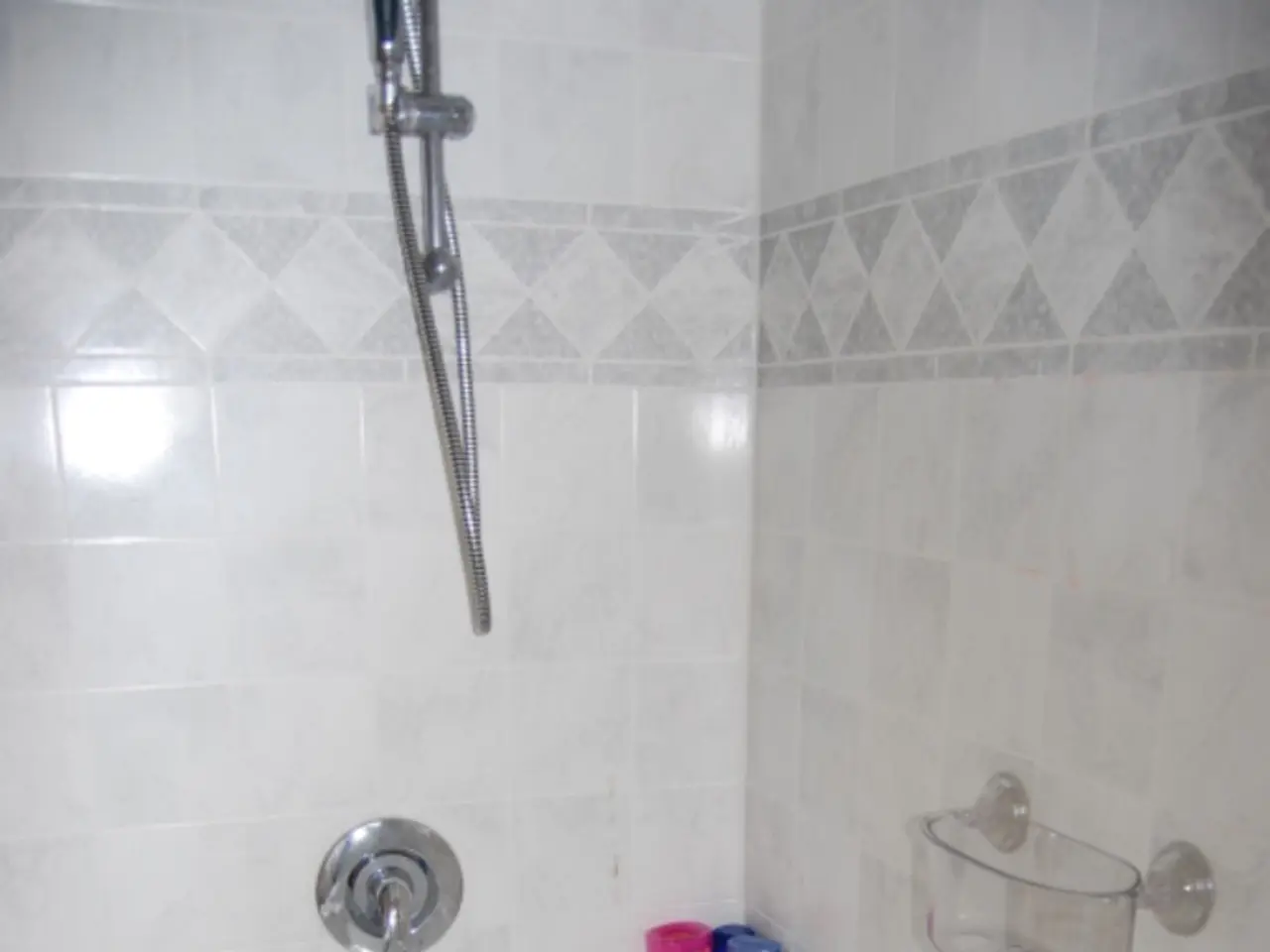Alleviate Eczema Discomfort: Household Strategies to Ease Symptoms
## Evidence-Based Home Remedies for Eczema Management
Eczema, a common skin condition characterised by red, dry, and itchy patches, can be challenging to manage. However, home remedies can provide relief and complement professional medical treatment. Here are some evidence-based strategies to help alleviate eczema symptoms:
### Moisturising
Regularly applying generous amounts of fragrance-free moisturisers is crucial for repairing the skin barrier and reducing dryness and itching [1].
### Colloidal Oatmeal Baths
Soaking in a colloidal oatmeal bath can soothe irritated skin and relieve eczema symptoms, as colloidal oatmeal is an FDA-approved soothing agent [1].
### Wet Wrapping
Wrapping the affected area with wet bandages—especially after applying a moisturiser or a prescribed steroid cream—can help calm itching and inflammation, but this should be done under medical supervision to avoid local complications [1].
### Diluted Bleach Baths (with caution)
Adding a small amount of bleach to a bath may help reduce bacterial load on the skin, but this should be done only under the guidance of a healthcare provider to avoid skin irritation [1].
### Avoiding Irritants
Eliminating products containing sodium lauryl sulfate (SLS), synthetic fragrances, parabens, and artificial colours, as these can worsen eczema, is essential [2]. Opt for gentle, fragrance-free cleansers and detergents.
### Cotton Clothing
Wearing loose, breathable cotton clothing and avoiding synthetic or scratchy fabrics that can irritate the skin is advisable [2].
### Environmental Control
Using air purifiers to reduce allergens and a humidifier at night to maintain skin moisture can help manage eczema symptoms [2]. Avoid hot showers and baths; use lukewarm water instead [2].
### Dietary Considerations
Some people find relief from dietary changes or supplements like probiotics, vitamin D, vitamin B12, and anti-inflammatory oils (evening primrose, black currant seed), though evidence is mixed and individual results vary [1][2]. Always consult a doctor before starting supplements.
## What Dermatologists Generally Advise
While home remedies can provide relief, most dermatologists—including those at leading institutions like the Cleveland Clinic—emphasize that eczema often requires prescription treatments (such as topical steroids, calcineurin inhibitors, or systemic medications) for effective management, especially during moderate to severe flare-ups [3]. Regular follow-up with a dermatologist is critical for persistent or severe cases.
## Additional Tips
- **Stress Management:** Reducing stress through relaxation techniques may help prevent or reduce flare-ups [1]. - **Avoid Scratching:** Keeping nails short and using cold compresses can help minimise damage from scratching. - **Identify Triggers:** Work with your dermatologist to identify and avoid personal eczema triggers, which may include allergens, certain foods, or environmental factors [3].
## Important Caveat
If you have weeping eczema (with oozing or crusting), prompt medical attention is essential to prevent infection and complications [1]. Home remedies alone are not sufficient for severe or infected eczema.
In summary, effective home strategies include diligent moisturising, gentle bathing, avoiding irritants, wearing soft clothing, and environmental control. However, these should complement, not replace, professional medical advice and prescribed treatments. For persistent or severe symptoms, consult a board-certified dermatologist promptly. If you need information specifically from Dr. Anthony or Dr. Kabbur, contacting the Cleveland Clinic directly or consulting their published articles would be the most reliable approach.
Some additional tips include using cool compresses, sunflower seed oil, and being aware that creams with botanical ingredients such as calendula can trigger extra irritation and allergies in people with eczema. Bleach baths, coconut oil, and vinegar baths (with appropriate dilution) are other home remedies that may offer relief, but they should be used under medical guidance to avoid skin irritation.
- The science of skin care plays a significant role in managing eczema, as using fragrance-free moisturizers, colloidal oatmeal, and avoiding irritants can help reduce symptoms associated with this condition.
- In the realm of health-and-wellness, proper dietary considerations and stress management can potentially alleviate eczema symptoms, though it's essential to consult a doctor before starting supplements or making significant dietary changes.




